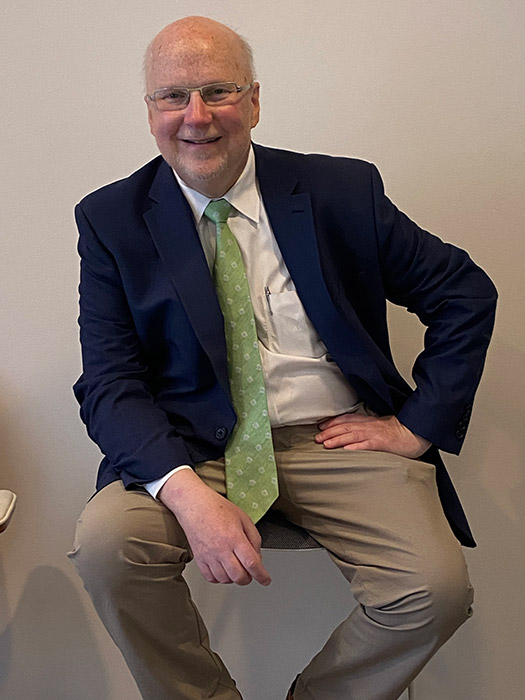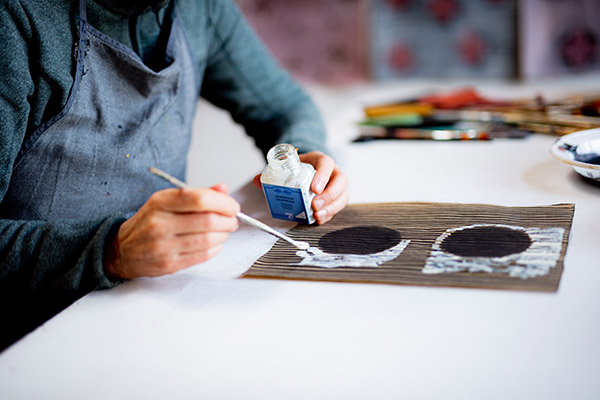
Dr. Collins, the Medical Director at the New York Center for Living, has practiced addiction psychiatry for nearly 30 years.
My favorite piece of parenting advice, “Say ‘No’ early and often,” might sound unkind, even harsh, but it is neither. Saying “No” to your children, ideally with kindness, is one of the most important steps parents can take to ensure that their children grow up to be mature, responsible members of society. Why do I say this? I say this because I believe that, to become mature and responsible adults, young people need to learn that they can’t have everything they want, that throwing a tantrum to get something they want will go nowhere, and that, in many instances, the world is arbitrary and unfair.
In our ever more materialistic world, children—especially those from affluent backgrounds—often get many more of their wishes granted than denied. On the surface, this would seem a good thing. After all, most parents strive to provide more for their children than they themselves had. The most natural consequence of these efforts would be to provide children with more toys, gadgets, experiences, training, and other opportunities than we ourselves had, especially when we can afford to pay for them.
In my experience, however, children who do not get all, and especially those who do not get most of the things they request, gain a significant, if hidden, advantage. They learn to hear “No,” to accept that they can’t have everything, and to develop the abilities to tolerate frustration, to soothe themselves when they are disappointed, and to experience and build empathy for others, who, of course, also cannot have everything they want. While life is, in some ways, clearly better with material ease, it is also much more challenging for individuals who, because they hear “Yes” to most of their requests, never learn frustration tolerance and self-soothing skills. Without these coping mechanisms, people often turn to quick fixes, like alcohol and drugs.
Yes, I believe that learning to tolerate distress is one of the most important factors in enabling young people not to turn to substances to relieve discomfort. I also believe that parents who model healthy, kind refusal skills, by saying “No” to their children, help their children say “No” when the child doesn’t want to give in to peer pressure to do something risky or dangerous that their parents don’t want them to do.
In summary, while I can’t cite social science evidence to support this idea, I do firmly believe that the “Say ‘No’” motto, a variation of “less is more,” helps prevent substance abuse. Therefore, I encourage parents to “Say ‘No’ early and often.”


